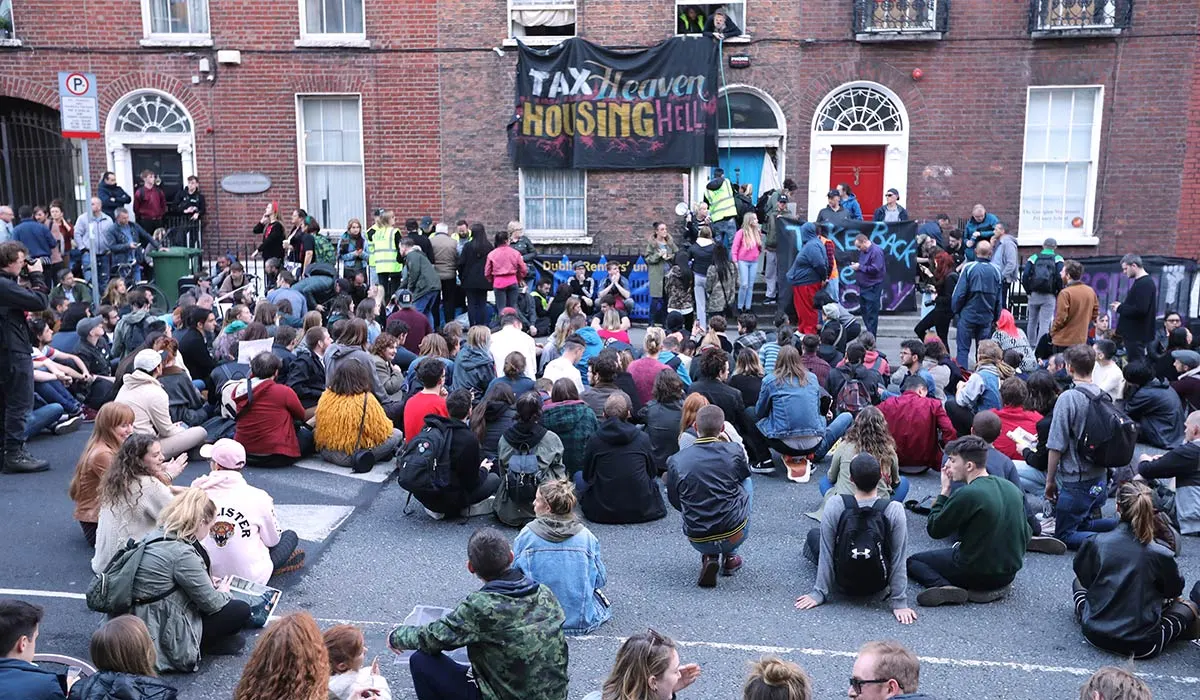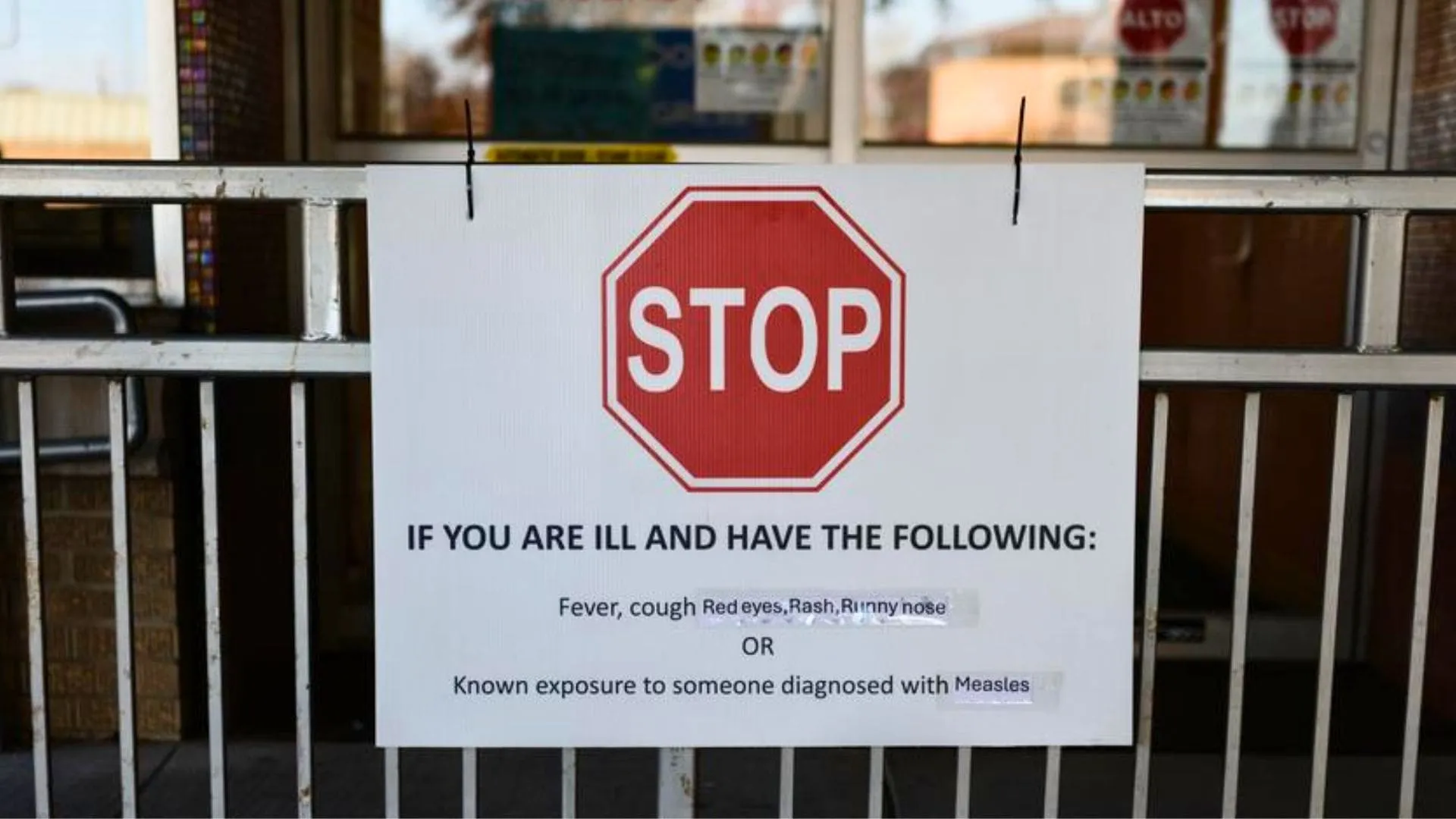In recent years, Ireland’s youth have been facing significant challenges across several critical sectors, including economic uncertainty, mental health issues, and housing crises. These intertwined issues have led to growing dissatisfaction and concern among the younger generation, especially those in their 20s. A recent study, the Growing Up In Ireland Cohort ’98 survey, reveals how Ireland’s youth are grappling with these pressures and the potential long-term consequences on their well-being and future prospects. The study provides critical insights into the economic and social challenges young people are encountering, shedding light on the complex reality faced by Ireland’s younger demographic.
Economic Uncertainty: The Struggle to Make Ends Meet
One of the most pressing concerns highlighted by the survey is the economic uncertainty that has increasingly burdened Ireland’s youth. The Growing Up In Ireland survey showed that 34% of respondents reported difficulties making ends meet, with 5% of them stating that they faced “great difficulty.” This highlights a significant financial strain on young adults, many of whom are entering the workforce with limited job opportunities and low wages. Economic instability, inflation, and rising living costs have contributed to a generation’s sense of financial insecurity.
In the past decade, Ireland has experienced a boom in its tech and pharmaceutical industries, but this growth has not translated into widespread financial stability for all young people. For many, the reality is quite different — lower wages, fewer benefits, and high costs of living, particularly in urban areas such as Dublin, which has the highest rental prices in the country. This has left young people feeling that their future prospects are grim, as many struggle with underemployment, job insecurity, and debt from education or personal loans.
The sense of financial instability is exacerbated by a lack of affordable housing options. The Growing Up In Ireland study found that 86% of respondents were highly concerned about the difficulty of accessing housing in Ireland, with many facing rising rental prices and increasing competition for properties. These financial pressures are not only destabilizing for young people but also affect their mental health, creating a sense of despair about the future.
Mental Health Struggles: Depression, Anxiety, and Uncertainty
The mental health challenges faced by Ireland’s youth are another area of concern, as highlighted by the study. The Growing Up In Ireland survey found that nearly one-third of women (31.5%) in the cohort had been diagnosed with either depression or anxiety at some point in their lives. This is significantly higher than the 18% of men who reported similar experiences. The rise in mental health diagnoses among young people can be attributed to several factors, including economic pressures, housing instability, and social media influences.
Mental health issues among young people have become more visible in recent years, with a growing number of individuals seeking professional help and support. However, despite increased awareness, stigma around mental health still exists, particularly in certain communities, and accessing mental health services can be a lengthy and expensive process. The high levels of depression and anxiety are concerning because they directly impact young people’s quality of life, academic success, and career prospects.
Moreover, the pervasive nature of economic uncertainty, housing insecurity, and the sense that the country’s future opportunities are limited contributes to a larger sense of anxiety and hopelessness among many young people. It has also been reported that the increased social comparison facilitated by social media platforms adds to the emotional strain, with young people constantly measuring their self-worth against seemingly perfect portrayals of others’ lives.
The Housing Crisis: A Persistent Struggle
Perhaps one of the most tangible manifestations of Ireland’s growing crisis is the ongoing housing shortage. As the Growing Up In Ireland survey found, an overwhelming 86% of young respondents are deeply concerned about access to housing. For many, buying a home is an unattainable dream. High rent prices in cities such as Dublin, Cork, and Galway are forcing young people to either live with parents well into adulthood or accept substandard living conditions.
The housing crisis in Ireland is a complex issue fueled by a combination of factors, including insufficient housing supply, high demand, and rising construction costs. Many young people are left with no choice but to rely on the private rental market, which is increasingly unaffordable for those with lower incomes. This has led to a generation of young adults who feel excluded from the prospect of homeownership, a situation that creates long-term financial and emotional distress.
The government’s failure to address the housing crisis effectively has further exacerbated the frustration of young people. Despite ongoing attempts to introduce policies aimed at easing the crisis, many of these initiatives have been slow to materialize or have failed to make a significant impact. The lack of affordable housing, in combination with high levels of student debt and job insecurity, means that many young people are left feeling hopeless about their future in Ireland.
Emigration as a Solution?
Given these economic, mental health, and housing challenges, many young people in Ireland are contemplating emigration as a means of securing a better future. The Growing Up In Ireland survey found that a significant number of respondents, particularly those in their 20s, are considering leaving the country for better opportunities abroad. The lack of financial stability, limited career prospects, and housing unaffordability are driving many to seek opportunities in other countries, particularly in the UK, Australia, Canada, and the US.
Emigration has long been a feature of Irish society, with waves of young people leaving the country during economic downturns in the past. However, the scale of the issue today is larger, as young people face more profound economic and social challenges than previous generations. Many feel that they have no other option but to leave in search of better work, living conditions, and quality of life. While emigration may provide temporary relief, it also presents long-term consequences for Ireland, including the loss of a young, skilled workforce.
The Disconnect from Politics: A Lack of Engagement
Another finding from the Growing Up In Ireland survey is the growing disinterest in politics among Ireland’s youth. Around 19.9% of young respondents said they had no interest in politics, highlighting a disconnect between Ireland’s younger population and the political process. This apathy toward politics can be attributed to several factors, including a lack of trust in political leaders, disillusionment with party politics, and a perception that politicians are not addressing the issues most important to young people.
This disengagement from politics is concerning because it reflects a broader lack of faith in institutions that are supposed to represent and protect the interests of young people. It also indicates a deeper frustration with the political establishment, which has failed to tackle the issues of economic inequality, mental health, and housing that are affecting the youth of Ireland. If this trend continues, it could lead to even further political polarization and a sense of alienation among younger generations.
The Way Forward: Addressing the Challenges
The challenges facing Ireland’s youth today are significant, but they are not insurmountable. To ensure a brighter future for young people, it is essential for policymakers to address the core issues of economic inequality, mental health, and housing instability. Comprehensive reform is needed to create a more equitable and supportive environment for young people, which includes:
-
Affordable Housing Initiatives: The government must prioritize affordable housing programs, offering young people accessible and sustainable options for both renting and purchasing homes. This should include building more social and affordable housing and providing incentives for private developers to create low-cost rental properties.
-
Mental Health Support: Access to mental health care must be expanded, with a focus on providing affordable and timely services for young people. Tackling the stigma surrounding mental health is crucial to creating a more supportive and empathetic society.
-
Economic Opportunities: It is essential to improve the economic outlook for young people by increasing access to well-paying, secure jobs. This includes investing in education, training, and programs that support career development for young adults.
-
Political Engagement: Politicians and political parties must work to regain the trust of young people by addressing the issues that matter most to them and ensuring that youth are represented in decision-making processes.
By addressing these issues head-on, Ireland can create a more supportive and prosperous future for its younger generation, ensuring that they have the opportunities, security, and support they need to thrive. It is essential for the Irish government to recognize the severity of the challenges facing its youth and act swiftly to create meaningful change.























